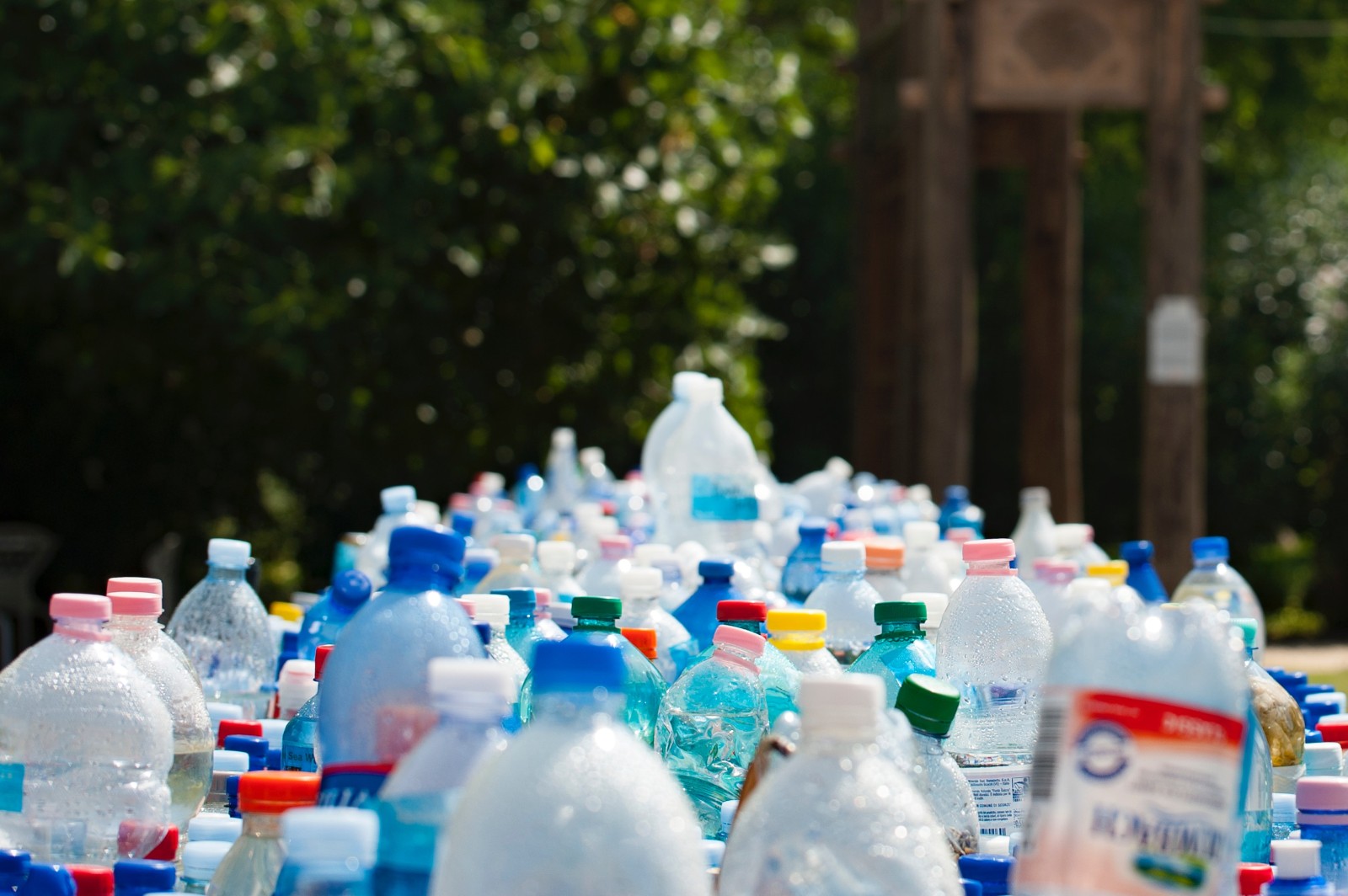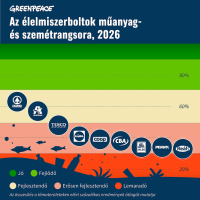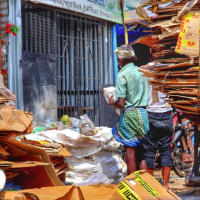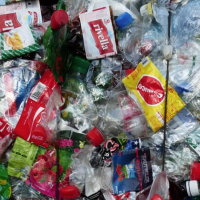EU boosts EfW plants’ waste hierarchy status
Ez is érdekelhet

Changes to how much heat needs to be supplied by facilities in warmer countries could change the classification of 30-35 EfW plants.
Some incinerators in warmer countries will be automatically reclassified as energy recovery plants, moving them up the waste hierarchy, following an amendment to the EU’s Waste Framework Directive (WFD).
The climate correction factor, published in the EU Official Journal on Saturday, will factor the number of days requiring heat supply in the area where a municipal solid waste incineration facility is located into the calculation of its efficiency.
Under the WFD, incinerators can be classed as energy recovery plants if they meet a certain efficiency standard, placing them above landfills as a preferable option.
Energy recovery plants are allowed to use waste from other countries under the Waste Shipment Regulation, and in some countries the plants may also gain access to national green energy subsidies.
The latest change "results from technical evidence that local climate conditions… influence the amounts of energy that can technically be used or produced in the form of electricity, heating, cooling or processing steam by incineration facilities dedicated to the processing of municipal solid waste", the directive states.
Around 30-35 plants are expected to upgrade their status, less than 10% of existing plants, industry association CEWEP estimates. The change will mainly affect southern countries such as Italy, Portugal and Spain, as well as southern France, it said.
While incineration facilities in northern Europe often export heat to district heating networks, smaller heating demand reduces possibilities for plants to export heat in southern Europe, according to an analysis by the European Commission’s Joint Research Centre.
Joan Marc Simon of Zero Waste Europe criticised the correction factor as a "political trick", allowing the commission to claim that Europe is cutting down on waste disposal.
"It won't help to move towards a circular economy," he said. "The economic incentives for waste incineration – be it recovery operation or not – continue to be higher than for reuse or recycling, which contradicts the waste hierarchy."
But CEWEP argued that the change will help divert waste from landfills, which it said is particularly important in southern European countries where dependency on landfills is often high.
Source: www.endswasteandbioenergy.com







